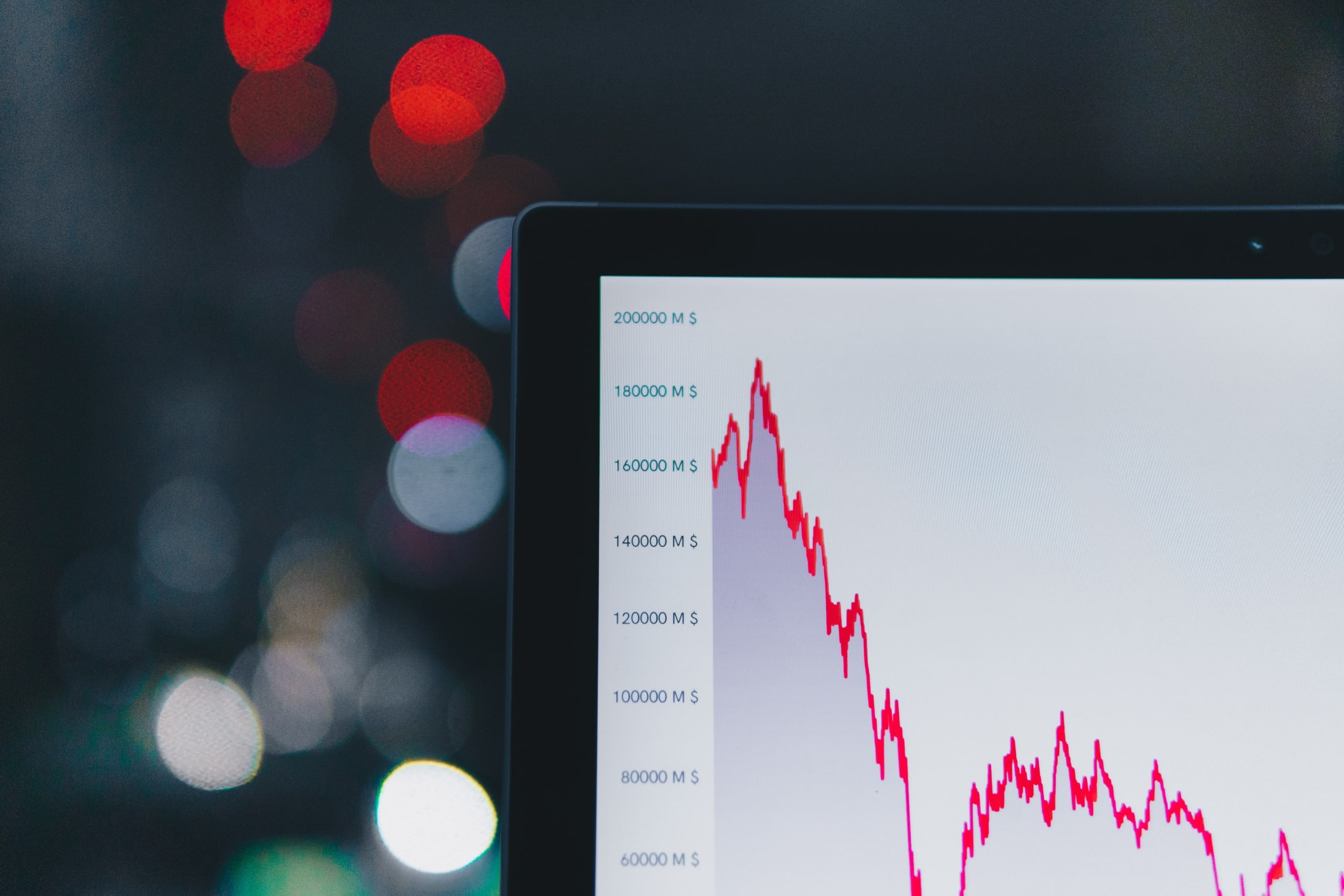
The rise of fintechs, short for financial technology and the digitalization of the financial services sector has had a huge impact from challenging the high street bank model to revolutionizing international remittances.
The digital revolution has changed the way payments are carried out, which has recently been accelerated by COVID-19. Technology is making it simpler to move money from one account to another and today’s landscape is very competitive with traditional banks and financial services companies coming under intense pressure from a plethora of disrupters entering the market.
For instance, it is now possible to open up an account online rather than having to physically visit a traditional bank. This has led to lower overheads for challengers that have passed on these cost savings to businesses and consumers through lower fees or rewards programmes for example. New technology also allows fintech companies to collect and store more data on their clients enabling a more nimble and informed approach to launching new products and services.
As fintech streamlines financial transactions for consumers and businesses, bricks & mortar banks have adopted and acquired new technology launching their own neobanks to compete in the digital banking space.
Fintech has expanded rapidly with the latest solutions deploying artificial intelligence and machine learning, algorithms, blockchain and data science to do everything from processing credit risks to running hedge funds.
Mobile banking has become the key battle ground for many financial services companies. Consumers want easy and hassle-free access to their cash using their smart phones to transfer money, defer payments, participate in investment funds and request loans. Fintech makes this possible.
Distributed Ledger Technology has been key to the emergence of the cryptocurrency. Fintech has been used to develop various crypto trading platforms that allows users to trade different kinds of cryptocurrencies and take advantage of decentralized exchanges.
Crypto has thus far proved to be volatile which has led to a focus on stablecoin in the B2B space for the purpose of instantaneous cross border transactions.
Fintech has also overhauled credit checks and risk management by streamlining the whole approval process making it easier for people or businesses to apply for loans.
Digital wallets have also grown in popularity with Apple and Google Pay being two of the most popular apps and the usage of these digital wallets is rising exponentially.
So, what lies ahead in the future of Fintech?
Well, I think we’ll see a continued rise in the use of Blockchain, an immutable digital ledger that is capable of recording the ownership, origin and movement of assets, something which the maritime industry is adopting especially in the movement of cargo in particular.
In crypto there will potentially be an increase in the use of stablecoins in a move to digitize B2B cross border transactions, as stablecoin is pegged to USD or another fiat currency. cryptocurrency provided that regulatory safeguards are put in place and as Gen Z matures then there will be a greater use and flexibility around mobile digital wallets.
We will also see a rise in Buy-Now-Pay-Later (BNPL) payment methods where customers are given the opportunity to pay in instalments rather than paying for a purchase in one go. Banks have adopted white label BNPL systems while online retailers have partnered with a number BNPL providers to boost their levels of ecommerce.
Finally, mobile banking has seen huge growth especially among people living in Low and Middle Income Countries (LMICs) who had not been able to access physical banking services. However, advances in digital inclusion means this previously unbanked population can now manage their finances via both basic feature phones and smartphones . This growth will only increase in the future.
